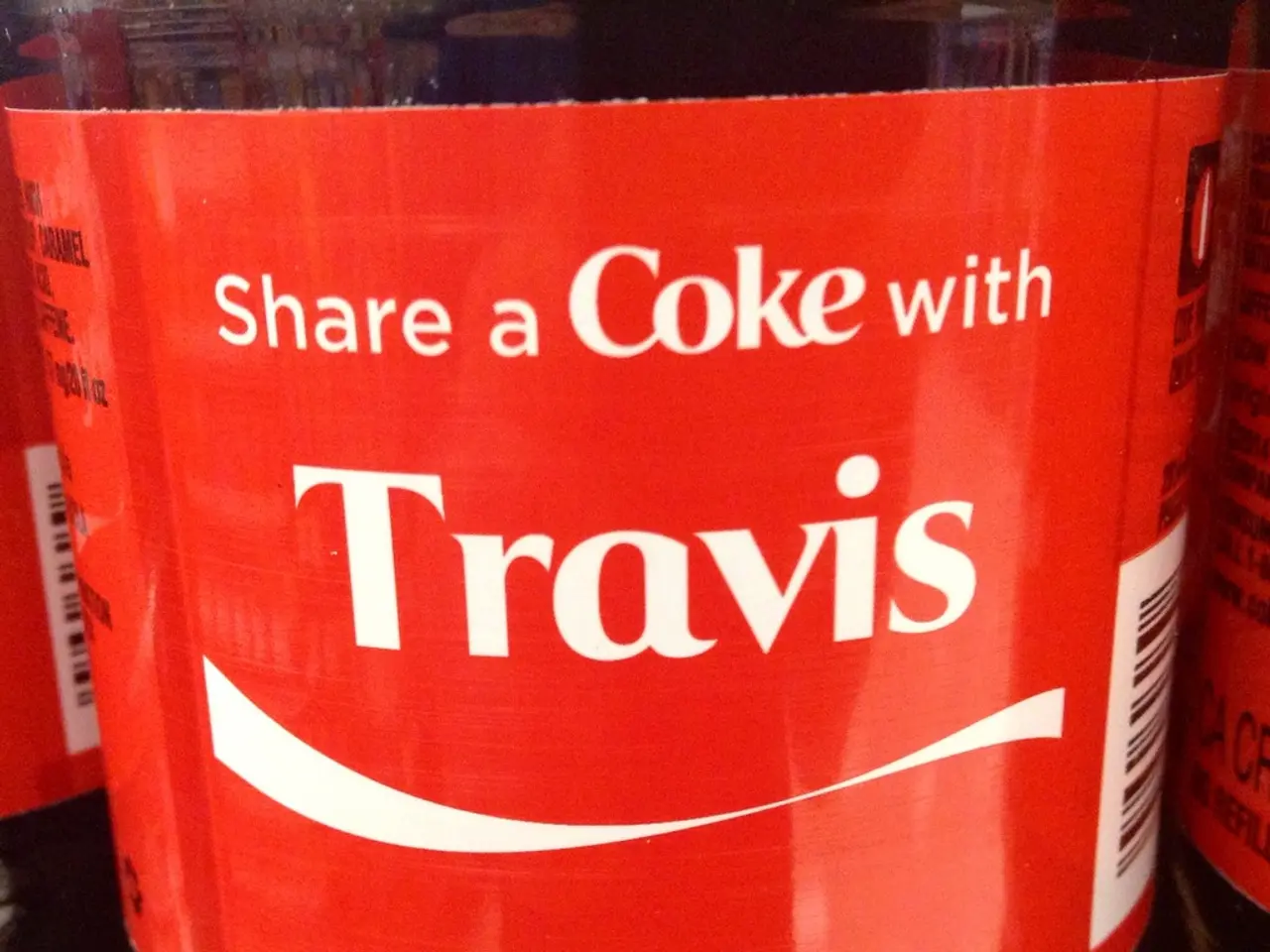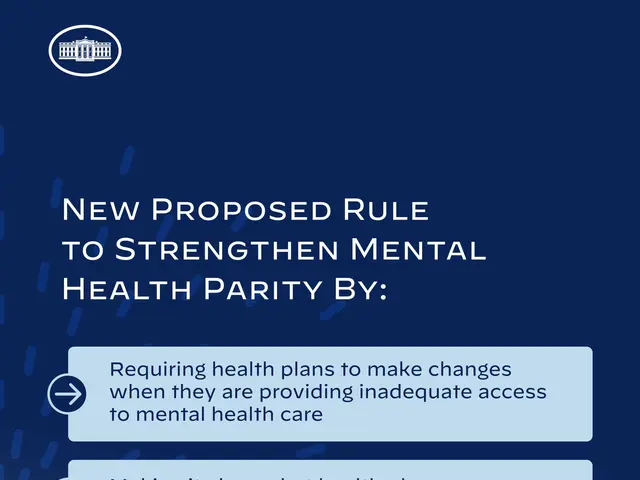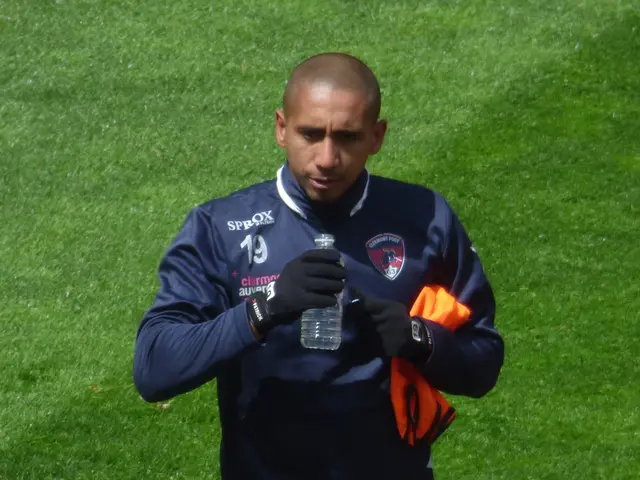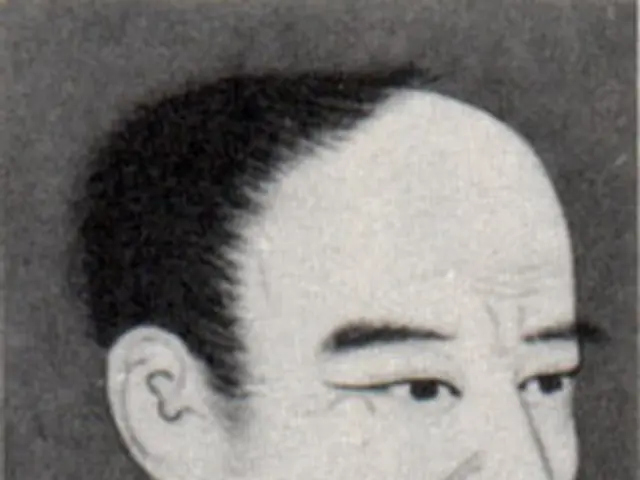Unveiling the Hollowed Shadows: Substance Misuse Amongst Hollywood Elite
In the world of Hollywood, the pressures of fame and constant public scrutiny often lead to higher substance abuse rates. This reality, coupled with the glorification or vilification of substance abuse, creates a complex influence that extends far beyond Tinseltown's borders. In South Africa, Hollywood's approach to addiction shapes the way we understand, treat, and support those dealing with addiction.
Hollywood historically crafted polished images of stars, concealing their struggles with addiction to protect careers and maintain glamorous facades. This tendency fostered an environment where addiction was both sensationalized and stigmatized, leading audiences worldwide, including in South Africa, to view substance abuse through a conflicted lens of glamour and moral failing.
This glamorization often clashed with the reality that many celebrities faced prolonged battles with addiction and recovery, stories which only emerged later and sometimes too late to help reshape public opinion positively. For example, actors like Todd Bridges highlight a narrative of recovery and advocacy, demonstrating the potential for redemption beyond the addiction stereotype promoted by early Hollywood portrayals.
In South Africa, where Hollywood films and television are influential, these portrayals impact societal attitudes by sometimes reinforcing stigma but also opening up dialogue about addiction's complexities. However, the glamorization and sometimes sensational treatment of addiction in media can discourage those struggling from seeking help, due to fear of judgment or misunderstanding treatment processes.
Moreover, the ethical questions raised by celebrity cases, such as the one involving Matthew Perry and medical malpractice with ketamine use, underline the difficulties in addressing addiction fairly and medically—issues relevant in South Africa's healthcare discourse as well.
When celebrities discuss their struggles with substance abuse, it can raise awareness and reduce stigma, although this has not been a common focus for many South African celebrities like Trevor Noah and Charlize Theron. In South Africa, the quality of addiction treatment available to Hollywood stars often surpasses that of average individuals due to access to top-notch rehabilitation facilities and medical experts.
Despite popular belief, celebrities are not exempt from the law and face legal consequences, including imprisonment, for substance abuse. In South Africa, the penalties for substance abuse can be severe. The ripple effects of high-profile cases of substance abuse reach as far as South Africa, affecting the way addiction is perceived and treated.
Substance abuse rates in Hollywood are significantly higher compared to the general population. Substance abuse in Hollywood can indirectly shape societal attitudes toward drugs and alcohol, including in South Africa. Alcohol and drug addiction counselling is an important part of many treatment programs in rehab centres.
Dealing with addiction is hard enough without a skewed perception of the risks and consequences. The constant public scrutiny faced by Hollywood stars can intensify the pressure and contribute to substance abuse, a challenge that South African celebrities may also face. Hollywood's glamorization of drug and alcohol use can contribute to the normalization of destructive behavior, which can inadvertently encourage substance abuse in South Africa, particularly among the youth.
Navigating substance abuse in Hollywood presents a unique set of challenges and opportunities, and its impact is felt as far away as South Africa. The entertainment industry has an outsized influence and an outsized responsibility in shaping societal attitudes toward addiction. It is crucial for Hollywood to continue promoting positive narratives of recovery and advocacy to help combat the stigma surrounding addiction and inspire more compassionate approaches in South Africa and beyond.
- In Hollywood, the polished images of stars concealing addiction struggles contribute to an environment where substance abuse is both sensationalized and stigmatized, influencing public opinion not just in Hollywood, but also in South Africa.
- Many celebrities face prolonged battles with addiction and recovery, yet their struggles often remain concealed until later, missing an opportunity to reshape public opinion positively.
- Actors like Todd Bridges demonstrate the potential for redemption beyond the addiction stereotype promoted by early Hollywood portrayals, offering a narrative of recovery and advocacy.
- In South Africa, where Hollywood films and television are influential, these portrayals impact societal attitudes by sometimes reinforcing stigma but also opening up dialogue about addiction's complexities.
- The glamorization and sensational treatment of addiction in media can discourage those struggling from seeking help due to fear of judgment or misunderstanding treatment processes.
- Ethical questions, such as those raised by the case of Matthew Perry and medical malpractice with ketamine use, underline the difficulties in addressing addiction fairly and medically and are relevant in South Africa's healthcare discourse.
- When celebrities discuss their struggles with substance abuse, it can raise awareness and reduce stigma, but this has not been a common focus for many South African celebrities.
- South Africa's substance abuse laws are severe, with high-profile cases of substance abuse having a direct impact on how addiction is perceived and treated in the country.




